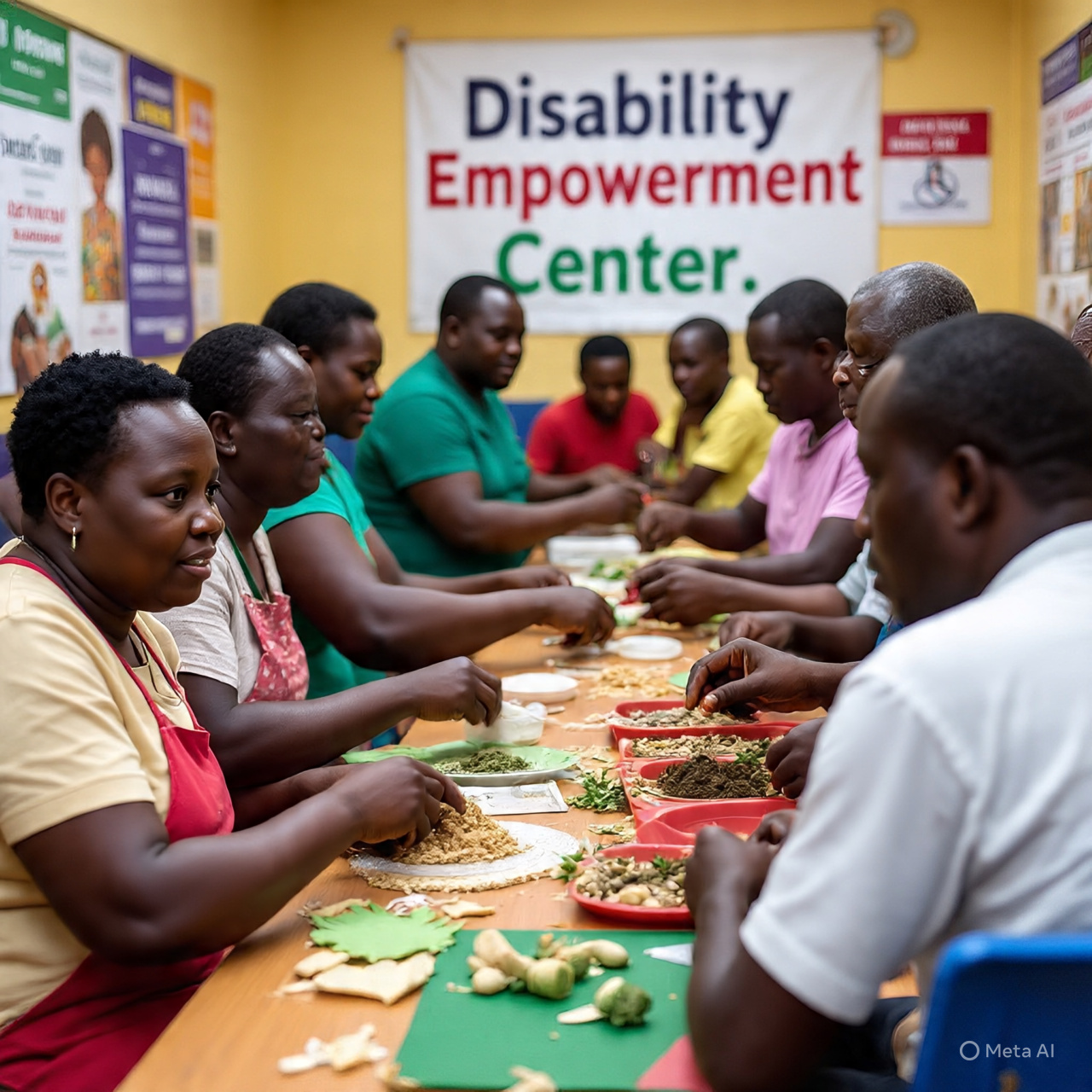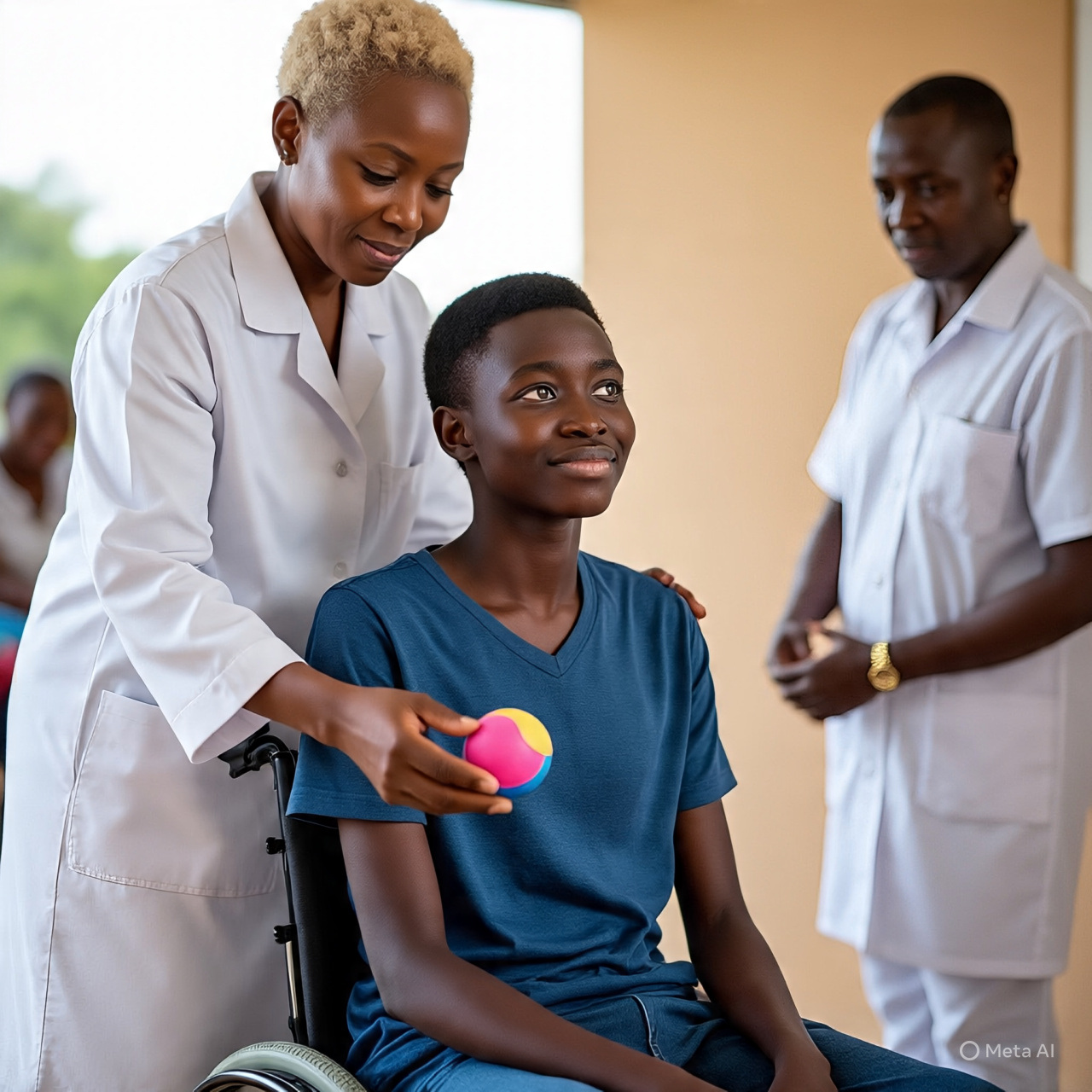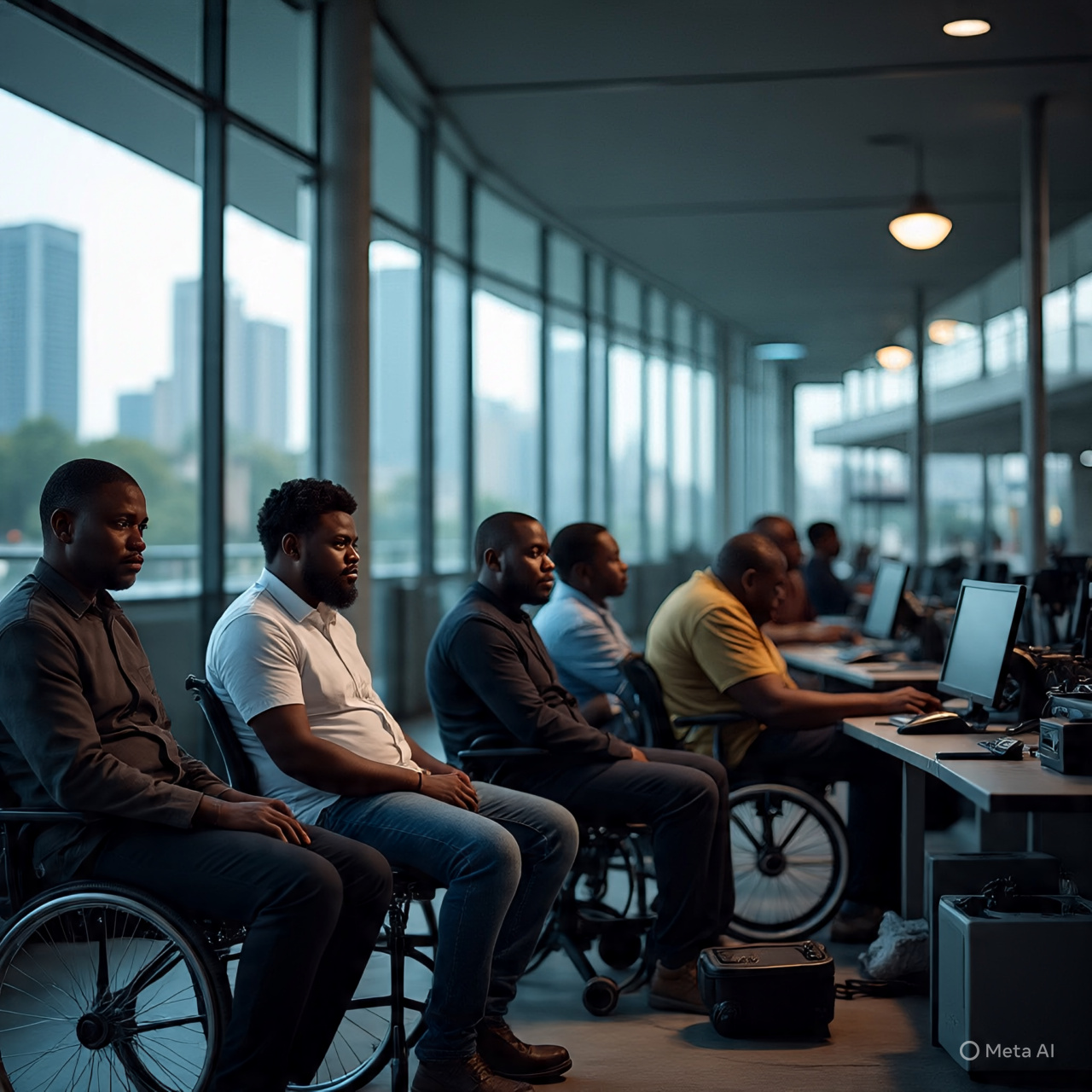How Communities and Policy Can Boost Disability Empowerment & Wellbeing in Nigeria
Introduction
Empowering persons with disabilities (PWDs) is crucial for building an inclusive and thriving society. In Nigeria, over 25 million people live with one form of disability or another, according to the World Health Organization. Unfortunately, many face stigma, limited access to education, unemployment, and inadequate healthcare. However, a combination of strong community participation and supportive government policies can transform the lives of PWDs, improving their social, mental, and economic wellbeing.
In this comprehensive blog post, we will explore how communities and policy can boost disability empowerment and wellbeing in Nigeria, highlighting key strategies, challenges, and actionable steps that stakeholders can take to create a more inclusive environment.
Understanding Disability in Nigeria
Before we look at solutions, it’s essential to understand the current landscape.
- Social Perception: Many communities still view disability through the lens of pity or superstition, seeing it as a curse or misfortune rather than a natural part of human diversity.
- Accessibility Gaps: Public infrastructure such as schools, offices, and transport systems often lack ramps, sign language interpreters, or accessible restrooms.
- Education Barriers: Children with disabilities face discrimination, lack of special learning aids, and few inclusive schools.
- Unemployment: According to reports, over 70% of employable PWDs remain jobless due to discrimination and lack of skill-building opportunities.
- Policy Implementation: Nigeria has signed the Discrimination Against Persons with Disabilities (Prohibition) Act (2018), but enforcement remains weak.
These factors contribute to social exclusion, economic marginalization, and poor mental health outcomes for millions.
The Role of Communities in Disability Empowerment
Communities play a vital role in shaping how people with disabilities are perceived, included, and supported. Here’s how community action can drive empowerment:
1. Creating Awareness & Changing Mindsets
Community campaigns can help challenge stereotypes and stigma around disability. Local religious leaders, influencers, and grassroots organizations can spread positive messages emphasizing that disability is not inability. Programs that highlight the achievements of PWDs can inspire others.
2. Inclusive Education at the Community Level
Communities can partner with local schools to ensure inclusive education. This includes:
- Training teachers to support learners with special needs.
- Providing assistive technologies such as braille materials and hearing aids.
- Encouraging peer-to-peer support systems among students.
3. Grassroots Support Groups
Community-based disability support groups allow PWDs to connect, share experiences, and advocate for their rights. These groups can also serve as safe spaces for mental health support and rehabilitation.
4. Community-Based Skill Training
Skill-building programs can be hosted at community centers to equip PWDs with marketable skills. Vocational training in ICT, crafts, entrepreneurship, and digital marketing can empower PWDs to be financially independent.
5. Inclusive Community Projects
Communities can involve PWDs in local projects such as road construction, waste management, and decision-making committees. This ensures that development plans take accessibility into account.
The Role of Policy in Disability Empowerment
While community efforts are critical, government policies set the framework for long-term, systemic change. Nigeria’s policymakers have a huge role to play in empowering PWDs.
1. Strong Legal Protection
The Discrimination Against Persons with Disabilities (Prohibition) Act is a milestone, but it needs full implementation. This law prohibits discrimination and mandates accessibility in public buildings, transportation, and employment.
2. Inclusive Education Policy
Government should strengthen special education programs by:
- Funding inclusive schools and teacher training.
- Developing a national curriculum that integrates special needs education.
- Providing incentives for private schools to admit children with disabilities.
3. Accessible Infrastructure Development
Urban planning policies should enforce accessibility standards in public spaces. This includes:
- Ramps and elevators in public buildings.
- Inclusive transport systems.
- Accessible toilets and pedestrian crossings.
4. Economic Empowerment Programs
The government can establish grants, low-interest loans, and tax incentives to support businesses owned by PWDs. Quotas for hiring PWDs in public and private sectors should be enforced.
5. Healthcare & Rehabilitation Support
Policies should ensure access to affordable healthcare, physiotherapy, mental health counseling, and assistive devices.
The Power of Collaboration
True empowerment happens when communities and policymakers work hand in hand. Here’s how collaboration can amplify results:
- Multi-Stakeholder Forums: Regular dialogues between government officials, NGOs, and community leaders can help identify local challenges and co-create solutions.
- Public-Private Partnerships: Corporate organizations can sponsor training programs, scholarships, and inclusive hiring initiatives.
- Data-Driven Decision Making: Collecting accurate data on PWD demographics and needs allows policymakers to design effective interventions.
Challenges to Overcome
Despite progress, some barriers remain:
- Low Awareness: Many Nigerians are unaware of the Disability Act.
- Funding Gaps: There is limited budget allocation for disability programs.
- Weak Monitoring: Policy enforcement mechanisms are still developing.
- Cultural Resistance: Deep-seated beliefs about disability take time to change.
Practical Steps to Boost Disability Empowerment
Here’s an action plan for stakeholders:
For Communities:
- Organize disability awareness campaigns.
- Build inclusive infrastructure in local facilities.
- Support skill development programs.
- Encourage inclusion in religious, social, and cultural events.
For Policymakers:
- Allocate funds to implement the Disability Act.
- Create a national disability database.
- Partner with international NGOs for technical and financial support.
- Monitor compliance with accessibility standards.
Benefits of Disability Empowerment
When communities and policymakers work together to empower PWDs, everyone benefits:
- Economic Growth: Inclusion increases workforce participation.
- Better Mental Health: Reduced stigma leads to improved self-esteem.
- Social Cohesion: Inclusive communities are more peaceful and collaborative.
- Innovation: Diverse perspectives foster creativity and problem-solving.
Conclusion
Disability empowerment is not charity—it is a matter of human rights and national development. By combining community action with strong policy frameworks, Nigeria can create a society where PWDs are not just surviving but thriving.
Communities must continue to challenge stigma, provide support, and advocate for inclusion, while policymakers must ensure laws are enforced and resources are allocated to make inclusion a reality.
The future of Nigeria is brighter when every citizen, regardless of ability, is given the chance to contribute, innovate, and succeed. Together, we can build a nation where disability is no longer a barrier but a stepping stone to resilience, growth, and equality.


